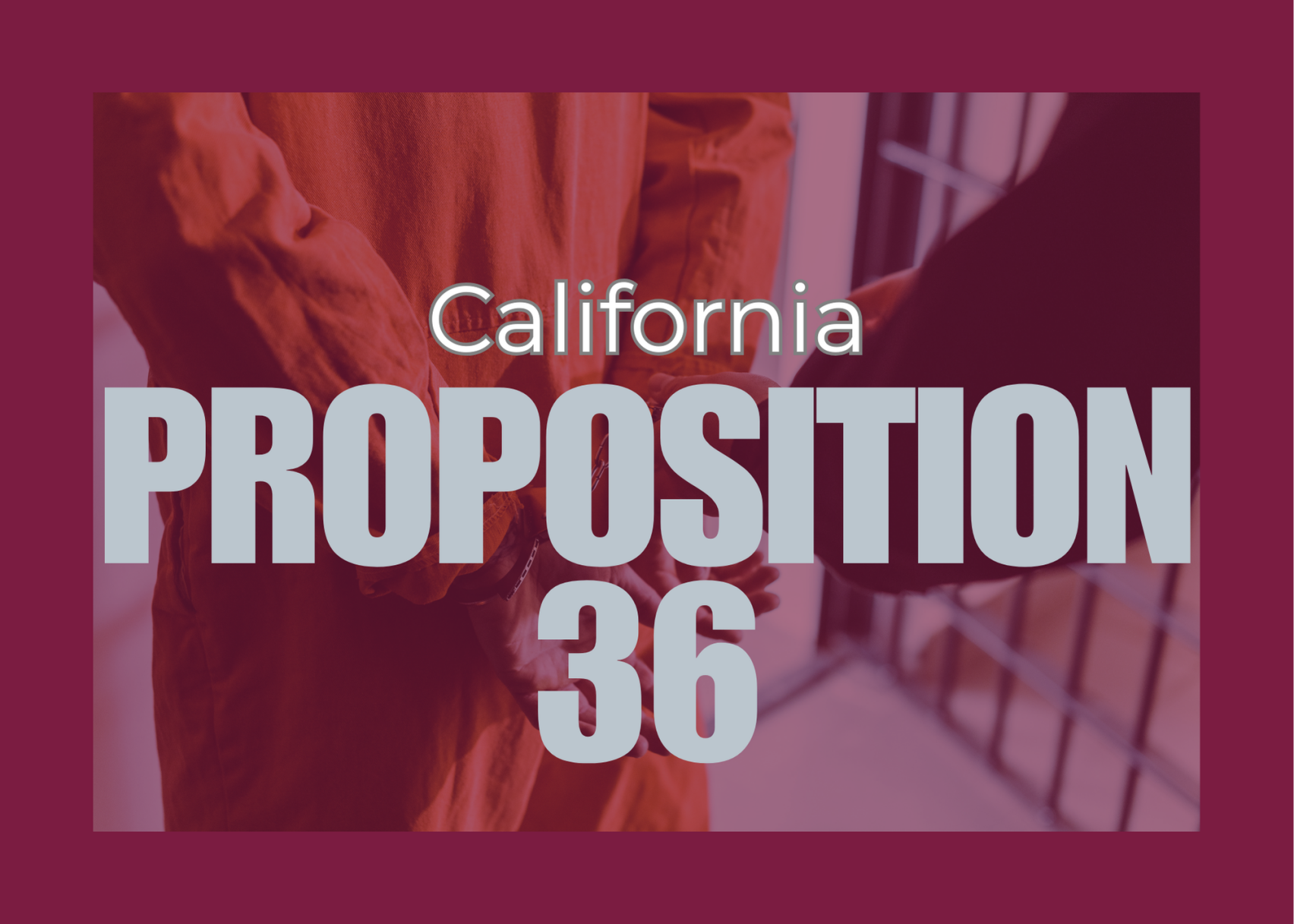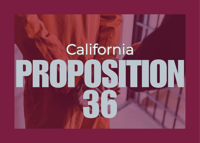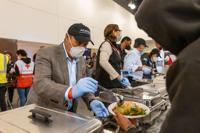Meet me and you might never know that I was formerly incarcerated. I’m a former healthcare worker, a first-generation immigrant, a proud mother of two, and a grandmother. I am also chair of ReEntry Health Advisory Board (R.H.A.C.), community legal support coordinator at Youth Justice Coalition and the founder of Pride In Truth, a nonprofit organization that heals communities by working with youth and other returning citizens like myself. The reason why I’ve been able to achieve so much in my life is because someone took a chance on me after I left incarceration.
Returning to the outside world was even harder than my time behind bars. While I was incarcerated, I struggled with being separated from my family; after my release, that pain turned into the fear of losing custody of my children for good. As I fought to keep my family, my criminal record made it nearly impossible to find employment and provide for them and myself.
I’m not alone in this struggle. When people are released from the criminal justice system—even if they only spent 24 hours in jail—their lives can be totally upended. The risk of recidivism nearly doubles after only three days in jail.
A proposition on the ballot in California, Proposition 36, threatens to make this situation worse by increasing incarceration for low-level crimes and simultaneously cutting funding for programs that help people successfully reintegrate into society. In California, it costs an average of $106,000 per year to incarcerate a single person. With Proposition 36, the state stands to lose an estimated $100 million a year in funding currently allocated to rehabilitation programs, diverting that money into incarcerating more people. This shift will not only jeopardize crucial resources but perpetuate a cycle of recidivism.
I was lucky. After months of applying to jobs, still wearing my ankle monitor, I found my guardian angel—a woman named Joanne who offered me an opportunity to work in healthcare despite my past. Because of her, I didn’t have to worry about where my next meal would come from or the possibility of being torn away from my children. I poured my heart and soul into this job, determined to prove to Joanne, my family and myself that I was ready for a new beginning.
That second chance allowed me to turn my life around, but not everyone finds someone like Joanne. After being released, many people face overwhelming barriers that push them back into the system, often for non-violent offenses. For instance, there are more than 27,000 rules that bar individuals with criminal records from holding professional licenses. I was prevented from becoming a state-licensed nurse because of my record. Many returnees can’t find employers willing to see past their history, and without stable work, they are pulled back into crime. That’s why it’s crucial to support reentry programs that help people get back on their feet.
For first-generation immigrants like myself, the stakes are even higher. If we get into trouble, not only do we risk our freedom but our status in this country as well. Many immigrants, despite paying taxes like any citizen, face deportation for mistakes others might recover from.
I started Pride In Truth because I experienced firsthand how hard it is to regain stability after being incarcerated. We provide at-risk youth and formerly incarcerated individuals reentry services and educational resources—but we cannot do it alone. Proposition 36 would slash funding for similar vital programs that help people rebuild their lives, despite the tremendous unmet need for support now.
I worry about our children and grandchildren and how they will lack essential mental health, drug rehabilitation, K-12 violence prevention programming, and housing services. I want my children and grandchildren to grow up in a world where proactive support is available, so they don’t feel compelled to turn to crime if they are struggling. I want the youth I work with to have the resources they need. I fear that if Prop 36 passes, many more young people will find themselves caught in the cycle of incarceration.
Please join me in protecting solutions that work to keep people out of prison, and vote NO on Proposition 36. Together we can create a community that believes in the power of redemption and supports those who seek to change their lives for the better.
María Casillas Gonzalez is the founder of the nonprofit Pride In Truth.











(0) comments
Welcome to the discussion.
Log In
Keep it Clean. Please avoid obscene, vulgar, lewd, racist or sexually-oriented language.
PLEASE TURN OFF YOUR CAPS LOCK.
Don't Threaten. Threats of harming another person will not be tolerated.
Be Truthful. Don't knowingly lie about anyone or anything.
Be Nice. No racism, sexism or any sort of -ism that is degrading to another person.
Be Proactive. Use the 'Report' link on each comment to let us know of abusive posts.
Share with Us. We'd love to hear eyewitness accounts, the history behind an article.